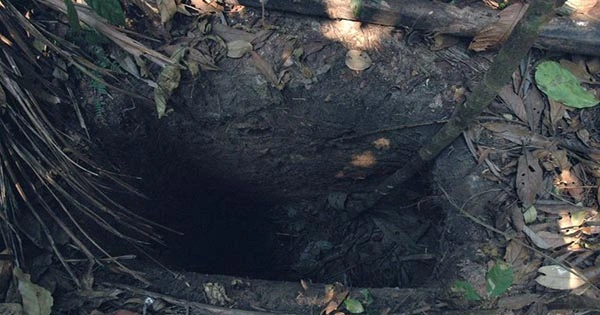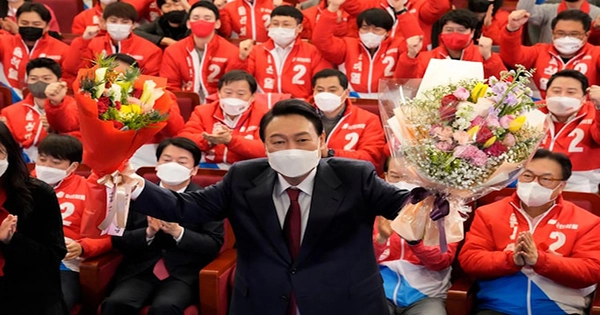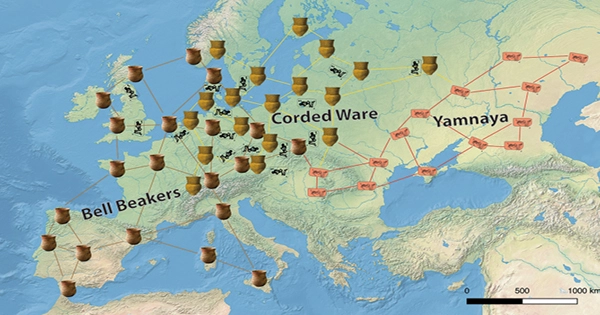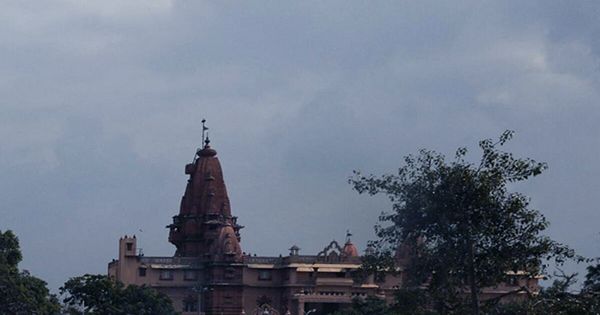With the announcement that the rumored “Man of the Hole,” believed to be the final resident of the Tanaru Indigenous Territory, Brazil, has passed away, a slow genocide has finally come to an end. The man, whose real name will never be revealed, was the sole survivor of a string of killings that seemed to be carried out with the intention of wiping off his people so that their property would be made available for exploitation.
Deep within the Amazon Rainforest, in the state of Rondonia, resided a tribe that included The Man of the Hole. They opposed all efforts by outside societies to communicate with them. This people’s land has long been sought after by loggers and cattle ranchers, and a spate of killings removed a significant barrier. But no one has ever been found guilty.
The region was observed by the FUNAI Indigenous Agency of the Brazilian government. Since a massacre in the middle of the 1990s, just one survivor has been identified based on evidence that he or she dug deep trenches, sometimes to hide and shelter in, and occasionally even inserted sharp stakes. Unsurprisingly, he was not more eager to respond to attempts to make contact despite the horrors committed against his fellow humans.

However, FUNAI left equipment and conventional seeds in places he could get to them. Altair Algayer of FUNAI kept the public informed of the man’s survival and was successful in expanding the area that was legally set aside for him.
But as of right now, his passing has been confirmed by the Observatory for the Human Rights of Isolated and Recently Contacted Indigenous Peoples (OPI).
Beginning in the 1970s, when Brazil was governed by the military, and continuing through various democratically elected administrations in the 1990s, the massacres that killed the Man’s relatives never stopped. All but the Man are believed to have been killed at some point by illegal ranchers who left sugar poisoned with rat poison as a “gift.”
While running for office and promising to eliminate protection for indigenous lands, Brazilian President Jair Bolsonaro reversed some of the measures democratically elected governments had made to prevent similar incidents from happening again.
“He represented both the horrifying cruelty and violence meted out to Indigenous peoples around the world in the name of colonization and profit, as well as their resistance. He resisted all attempts at contact and made it clear that all he wanted was to be left alone, according to Fiona Watson of the advocacy group Survival International. “We can only imagine the horrors he had witnessed in his life and the loneliness of his existence after the rest of his tribe were killed, but he determinedly resisted all attempts at contact,” she said.
When Watson and the FUNAI monitoring crew visited Tanaru in 2004, Watson noted, “His presence is everywhere in the jungle.”
He was being watched over by FUNAI authorities, who discovered his body in a hammock. He had decorated his body with colorful feathers, possibly indicating that he was preparing to die. He was thought to be in his mid-sixties.
Even if it’s too late for the Man of the Hole and his tribe, what happens next could be extremely important for other First Nations tribes, especially in Brazil. The proprietors of the cattle ranches that round the Territory, including those who murdered the Man’s people, will probably assert that his passing opens up his territory to commercial exploitation. However, this would send a terrible signal about the repercussions of additional atrocities to commercial interests overseas.
Watson warned that if President Bolsonaro and his agricultural supporters get their way, the country’s Indigenous peoples would eventually be exterminated. For instance, a movement to revoke protection for the bigger indigenous area of Ituna Itatá is currently under way. Survival and the Brazilian Indigenous movement will take every precaution to prevent that, according to Watson.
According to FUNAI, there are 113 uncontacted tribes and numerous others that have kept their way of life despite contact living in the Brazilian Amazon alone.
















